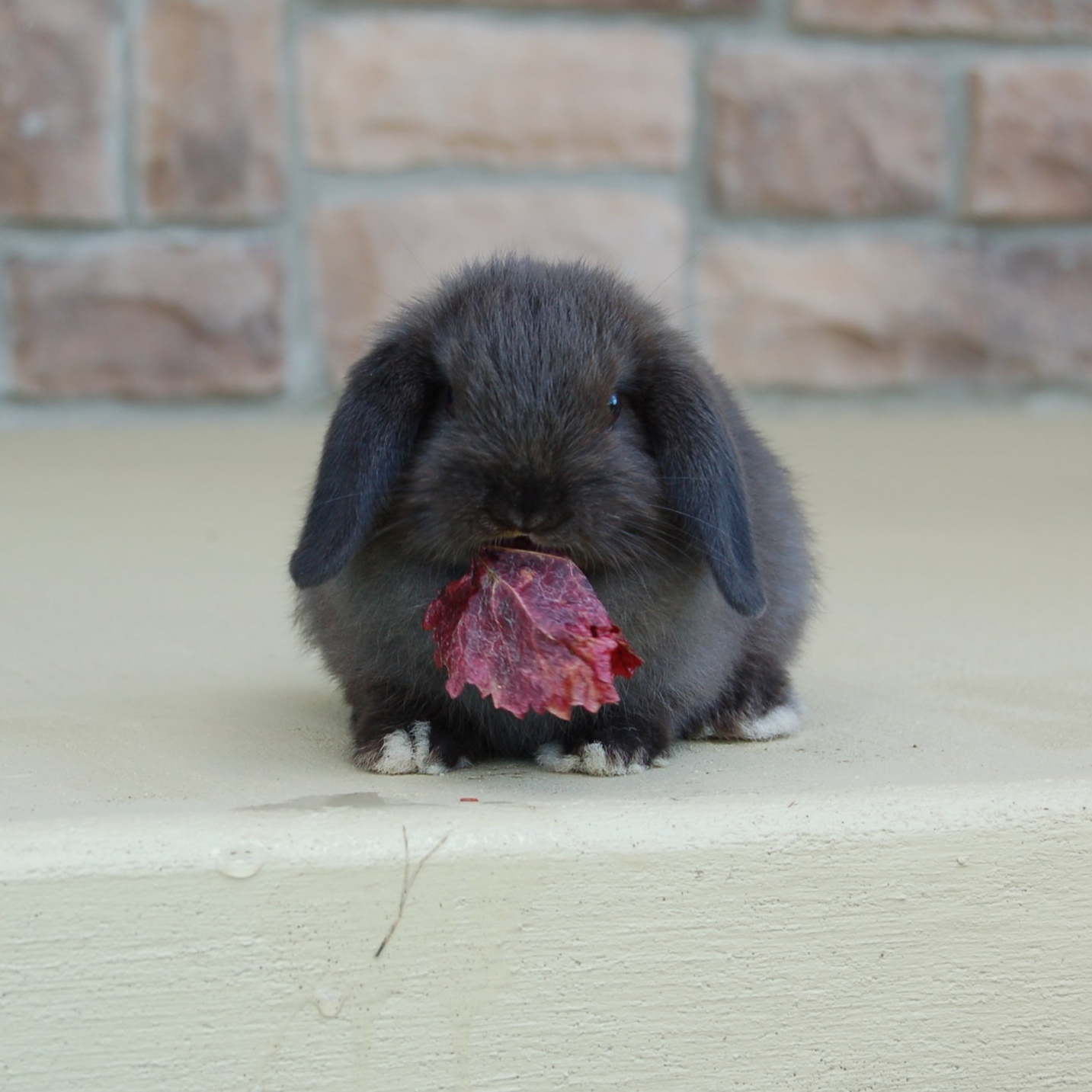Do Rabbits Smell?
For most people, the smell is a huge factor when considering a new pet. Cute as many animals are, it can feel like it isn’t worth the hours of cleaning each week to keep their odor contained. So do rabbits smell? The short answer is no. When taken care of properly, they are clean and nearly odorless. However, if you want a more detailed breakdown of what can cause unpleasant odors and how to prevent them, read on.
1. The Litter box
Litter training is a great way to simplify cage cleaning. It concentrates the mess, and changing litter only takes a few minutes. Most rabbits owners can keep both the box and the cage odor-free without much effort. If you are having trouble with litter box stench, there are a few things to do that will lessen or even eliminate the smell.
Clean often: Because it is a small area compared to the cage, it needs to be cleaned often. Depending on the rabbit, you may need to change the litter once a day, or once a week. For larger buns, you may want to purchase a small scoop and spot clean throughout the day.
Use the right litter: The right litter will make a world of difference. It might be tempting but avoid most scented options. They usually contain chemicals that are not safe for your bun. Instead, try wood beddings like aspen shavings. Pine pellets are also a great choice for litter boxes with grates over them.
For more information on litter training, check out our article here.
2. Diet
Like with most animals, diet can make a big difference in the health and smell of your rabbit. You want to make sure each major component is healthy and provides nutritional value.
Pellet Food: Being one of the main foods bunnies eat, choosing the right pellets is important. Sherwood Naturals is my number one choice, but Oxbow Essentials is also highly recommended. Avoid foods with colorful pieces or varied shapes. These usually have very little nutritional value and will be picked through.
Greens: Vegetables and greens are an important part of your rabbit's diet. They produce vitamins and nutrients that can be hard to provide otherwise. Despite this, some herbs and leafy greens can cause a more intense smell in the litter box. Consider limiting access to parsley, cilantro, basil, sage, and kale if you find this to be the case.
Treats: I’ve never had a bunny that didn’t love banana. Though this makes training, transportation, and cleaning much easier, I always have to be careful not to overdo it. Too many sugary treats can have a less than pleasant effect on the rabbit digestive system, so keep them to a minimum. Additionally, most treats you’d find in a pet store will produce a similar outcome and shouldn’t be fed at all.
3. Hormones
Spaying or Neutering: Un-fixed rabbits sometimes produce hormones that cause a musky or potent smell. They may also mark and spray, increasing the radius they affect. This can be avoided entirely by spaying or neutering your rabbit. The surgery can be done as early as two to four months for males, or five to six months for females depending on the rabbit. Be sure to talk to a rabbit savvy vet, all bunnies are different.
This may seem like a lot to consider, but if you know what you're doing, it is pretty easy to keep your rabbit from smelling. Clean their cage regularly, establish a nutritious diet, and consider fixing your bun. You'll have a clean, healthy pet in no time!


